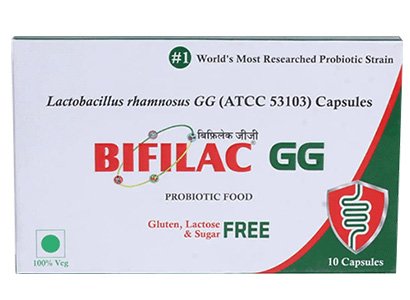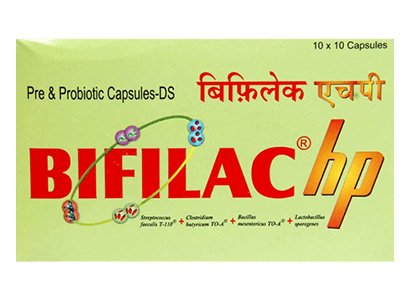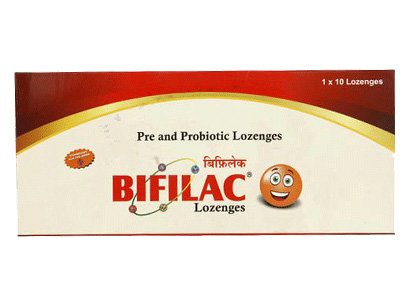
Introduction
In today’s fast-paced world, ensuring our children’s health and well-being is paramount. One of the lesser-known yet vital components that play a significant role in children’s health is probiotics. These beneficial microorganisms have been the subject of numerous studies, revealing their importance in maintaining a healthy gut and immune system for our little ones.
What are Probiotics?
Probiotics are live bacteria and yeasts that are beneficial for our digestive system. While the term “bacteria” might raise eyebrows, it’s essential to understand that our bodies are home to a vast number of bacteria, both good and bad. Probiotics are often referred to as “good” or “friendly” bacteria because they help keep our gut healthy.
Why are Probiotics Important for Children?
Probiotics help maintain a balance of good and bad bacteria in the gut. This balance is crucial for digesting food, absorbing nutrients, and warding off harmful bacteria.
A significant portion of the immune system is located in the gut. Probiotics support this system by enhancing the body's natural defenses against illnesses.
Some studies suggest that probiotics can help reduce the risk of certain allergies in children by modulating the immune response.
Probiotics can reduce the duration and severity of diarrhea, especially when caused by antibiotics.
How Can Children Get Probiotics?
One of the most common sources of probiotics. Always choose plain, unsweetened yogurt with live cultures.
Foods like sauerkraut, kimchi, and miso are rich in probiotics.
If your child isn't getting enough probiotics from food, consider probiotic supplements. Always consult with a paediatrician before starting any supplement.
The role of probiotics in children’s health is undeniable. From supporting digestion to bolstering the immune system, these tiny microorganisms do a world of good. As parents and caregivers, it’s our responsibility to ensure our children get the best, and that includes understanding the benefits of probiotics.
Our Products


Bifilac HP
BIFILAC HP capsul contains, Streptococcus faecalis T-110, Clostridium butyricum TO-A, Bacillus mesentericus.

BIFILAC Lozenge
BIFILAC Lozenge contains, Streptococcus faecalis/ T-110, Clostridium butyricum TO-A, Bacillus mesentericus


